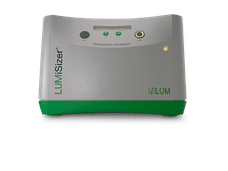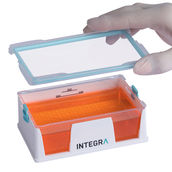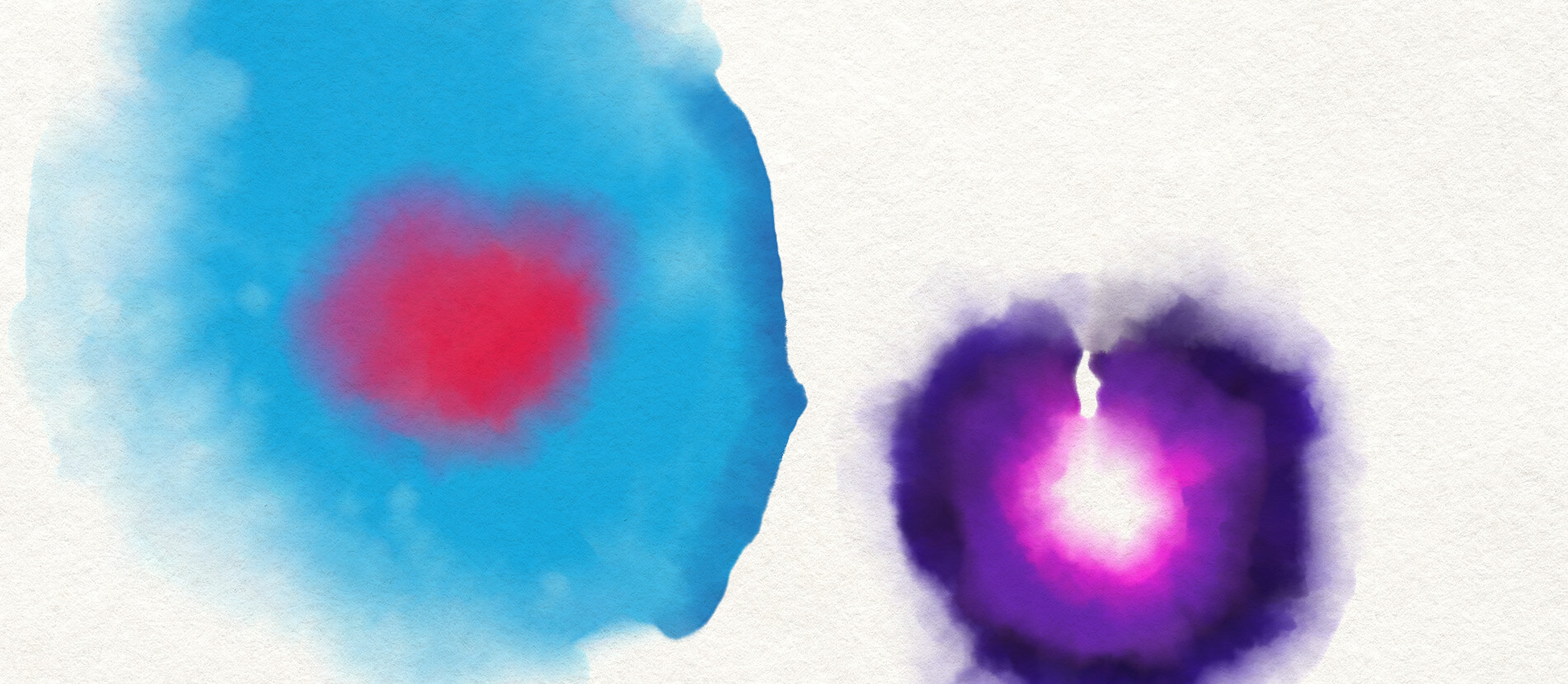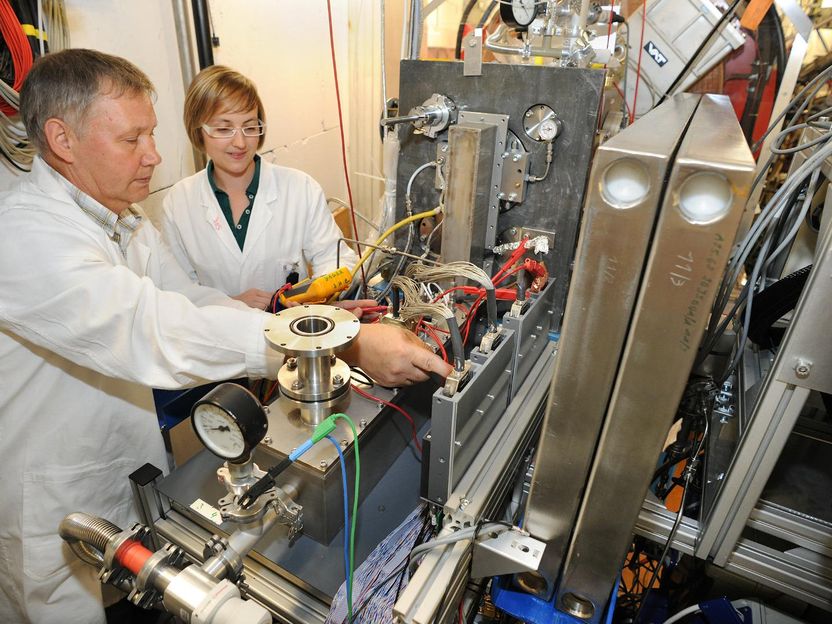In search of wine, ancient Meso-Americans found chocolate, 500 years earlier than once thought
The human love affair with chocolate is at least 3,000 years old - and it began at least 500 years earlier than previously thought, according to new analyses of pottery shards from the Ulúa Valley region of northern Honduras. But the first people to appreciate the cacao tree were probably after a buzz of another kind - a fermented, winelike drink, research shows - and only later discovered the chocolaty taste we love today.
In research published in Proceedings of the National Academy of Sciences, Cornell professor of anthropology John Henderson and colleagues found traces of caffeine and theobromine, an alkaloid similar to caffeine but specific to cacao, in 11 shards dated to 1100 B.C. The samples came from excavations directed by Henderson and University of California-Berkeley anthropology professor Rosemary Joyce at a site known as Puerto Escondido. The findings offer chemical evidence for the earliest cacao consumption anywhere in the world.
In the past, the only chemical detection of cacao in ancient pottery required an intact vessel and a substantial amount of residue, Henderson said. To detect much smaller chemical traces in broken shards, co-authors Patrick E. McGovern and Gretchen Hall at the University of Pennsylvania Museum and W. Jeffrey Hurst at Hershey Foods used new extraction techniques along with liquid chromatography, gas chromatography and mass spectrometry - techniques that could be used for sensitive chemical testing on many more remnants in the future.
"It's not very often that you find a whole vessel," said Henderson. "Now that you can process things from people's trash piles, you can see in much better context how these things were being used."
Since both beverages contain theobromine and caffeine, chemistry doesn't reveal whether a vessel held a winelike quaff made from pulp or the celebrated chocolate concoction made from seeds. But while the jugs of later, chocolate-drinking periods were short and wide, with broad openings to allow for pouring back and forth to create froth, the earlier bottles had long, skinny spouts.
Most read news
Topics
Organizations
Other news from the department science
These products might interest you

LUMiSizer by LUM
The Versatile Particle and Dispersion Analyser: At-Line, in the Process and in the Laboratory
Comprehensive analysis of nano / microparticles & their interactions in dispersions with 1 instrument

Automation Friendly Reagent Reservoirs by Integra Biosciences
Automation-friendly reagent reservoirs for efficient laboratories
Maximise efficiency with low dead volume and environmentally friendly design

Get the analytics and lab tech industry in your inbox
By submitting this form you agree that LUMITOS AG will send you the newsletter(s) selected above by email. Your data will not be passed on to third parties. Your data will be stored and processed in accordance with our data protection regulations. LUMITOS may contact you by email for the purpose of advertising or market and opinion surveys. You can revoke your consent at any time without giving reasons to LUMITOS AG, Ernst-Augustin-Str. 2, 12489 Berlin, Germany or by e-mail at revoke@lumitos.com with effect for the future. In addition, each email contains a link to unsubscribe from the corresponding newsletter.
More news from our other portals
See the theme worlds for related content
Topic world Gas chromatography
Gas chromatography is an essential method in analytical chemistry for the separation and analysis of volatile compounds. Due to its high resolution and sensitivity, it has become firmly established in areas such as environmental analysis, food chemistry or forensic science. GC provides precise and reliable results and enables deep insights into the chemical composition of samples.

Topic world Gas chromatography
Gas chromatography is an essential method in analytical chemistry for the separation and analysis of volatile compounds. Due to its high resolution and sensitivity, it has become firmly established in areas such as environmental analysis, food chemistry or forensic science. GC provides precise and reliable results and enables deep insights into the chemical composition of samples.
Topic World Mass Spectrometry
Mass spectrometry enables us to detect and identify molecules and reveal their structure. Whether in chemistry, biochemistry or forensics - mass spectrometry opens up unexpected insights into the composition of our world. Immerse yourself in the fascinating world of mass spectrometry!

Topic World Mass Spectrometry
Mass spectrometry enables us to detect and identify molecules and reveal their structure. Whether in chemistry, biochemistry or forensics - mass spectrometry opens up unexpected insights into the composition of our world. Immerse yourself in the fascinating world of mass spectrometry!
Topic World Chromatography
Chromatography enables us to separate, identify and thus understand complex substances. Whether in the food industry, pharmaceutical research or environmental analysis - chromatography opens up a treasure trove of information about the composition and quality of our samples. Discover the fascinating world of chromatography!

Topic World Chromatography
Chromatography enables us to separate, identify and thus understand complex substances. Whether in the food industry, pharmaceutical research or environmental analysis - chromatography opens up a treasure trove of information about the composition and quality of our samples. Discover the fascinating world of chromatography!


























































